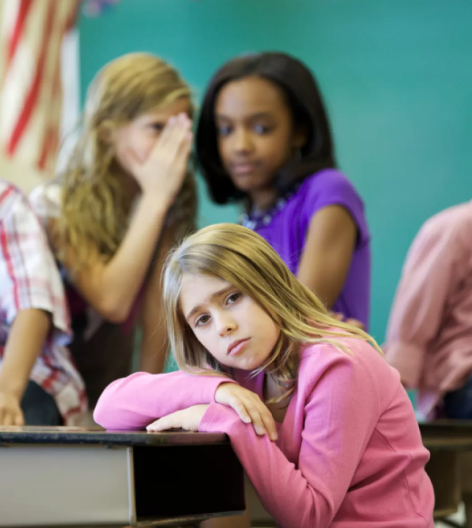Personalized learning is more than an educational strategy—it’s deeply rooted in psychological principles that explain how individuals learn, stay motivated, and grow. Understanding the psychology behind personalized learning helps educators create environments where students feel empowered, supported, and engaged.
Motivation and Self-Determination Theory
A key psychological foundation of personalized learning is Self-Determination Theory (SDT), which emphasizes three core needs: autonomy, competence, and relatedness. Personalized learning addresses these needs by:
- Autonomy: Giving students choices in how they learn and demonstrate understanding
- Competence: Allowing learners to progress at their own pace and master skills before moving on
- Relatedness: Encouraging meaningful connections with peers and instructors
When these needs are met, students are more likely to be intrinsically motivated and take ownership of their learning.
Cognitive Load and Learning Efficiency
Cognitive psychology highlights the importance of managing cognitive load—the amount of mental effort required to process information. Personalized learning minimizes unnecessary overload by:
- Matching content difficulty to individual skill levels
- Presenting information in digestible segments
- Allowing time for reflection and reinforcement
This helps students better absorb new concepts and retain knowledge over time.
Growth Mindset and Resilience
Psychologist Carol Dweck’s research on growth mindset plays a significant role in personalized learning. When students believe they can develop their abilities through effort and persistence, they’re more likely to embrace challenges. Personalized learning supports this by:
- Offering tailored feedback that highlights progress
- Encouraging goal setting and self-reflection
- Framing mistakes as learning opportunities
By reinforcing a growth mindset, personalized learning helps students build resilience and confidence.
Metacognition and Self-Regulation
Metacognitive skills—thinking about one’s own thinking—are essential for lifelong learning. Personalized learning encourages self-awareness through:
- Tools that help students track their progress
- Prompts for goal-setting and planning
- Opportunities to reflect on strategies and outcomes
As students become more self-regulated, they develop independence and responsibility for their academic journey.
Emotional Engagement and Belonging
Learning is deeply emotional. Students are more engaged when they feel valued and connected. Personalized learning fosters emotional engagement by:
- Creating inclusive, student-centered environments
- Acknowledging individual interests and cultural backgrounds
- Building strong teacher-student relationships
These emotional connections enhance motivation, participation, and overall well-being.
Conclusion
The success of personalized learning lies in its alignment with how people naturally learn and grow. By applying psychological insights—such as the importance of autonomy, mindset, and emotional connection—educators can create powerful, student-centered learning experiences. As we continue to learn more about the human brain and behavior, personalized learning will remain a vital tool in shaping education that works for everyone.













